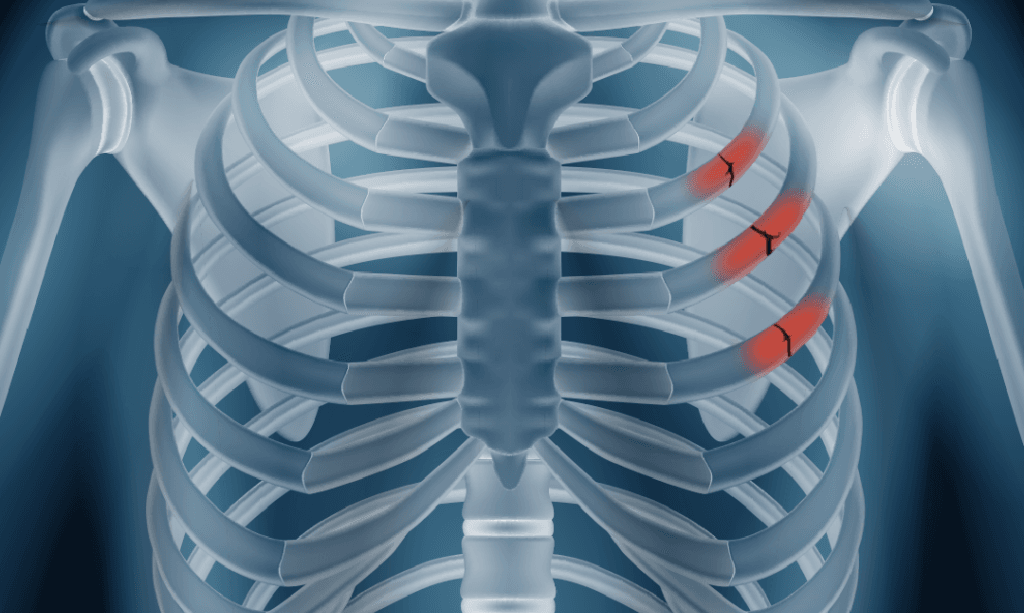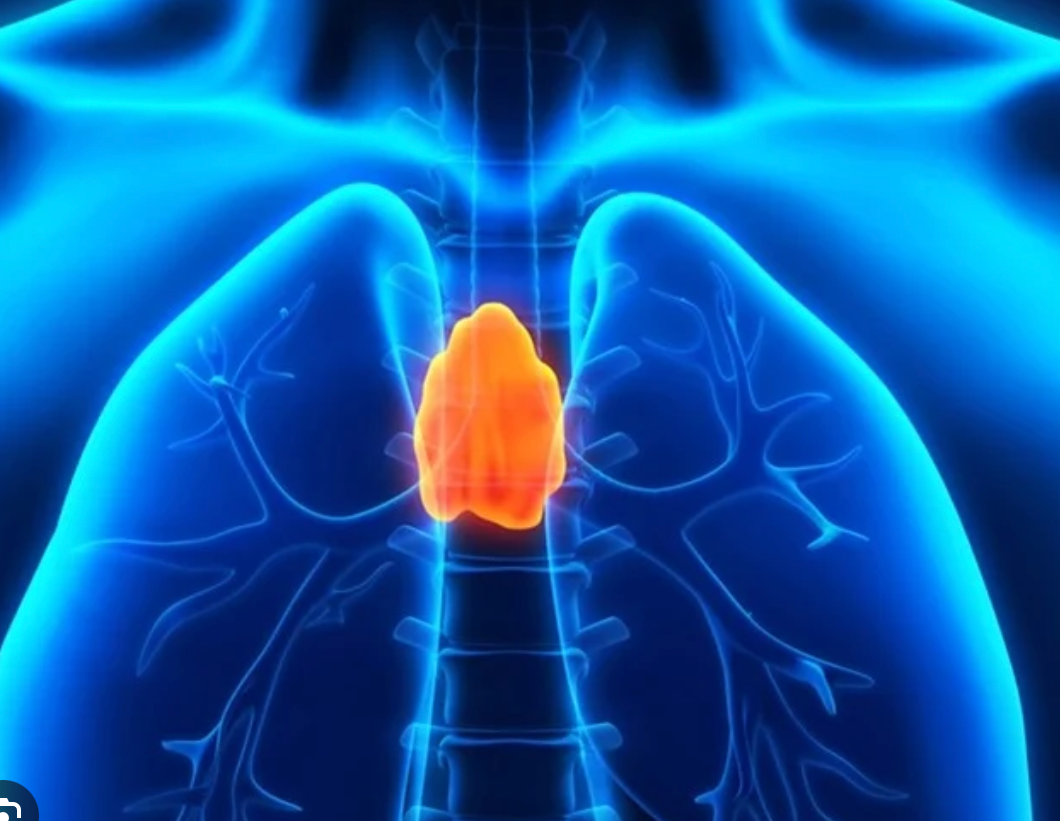Introduction
Hyperhidrosis, characterized by excessive sweating, can be a challenging condition to manage, particularly when stress and anxiety come into play. For many individuals, emotional triggers can lead to increased sweating, creating a cycle of discomfort and embarrassment. Understanding the role of stress in hyperhidrosis is crucial for effective management. In this blog, we’ll explore how stress impacts hyperhidrosis and provide practical strategies to manage stress triggers effectively.
Understanding the Connection Between Stress and Hyperhidrosis
1. The Physiological Response
When faced with stress, the body activates the fight-or-flight response, releasing stress hormones like adrenaline and cortisol. This physiological reaction prepares the body to deal with perceived threats, leading to an increase in heart rate, blood flow, and, unfortunately, sweating. In individuals with hyperhidrosis, this response can be exaggerated, resulting in excessive sweating even in low-stress situations.
2. Psychological Impact
The fear of sweating excessively can create a cycle of anxiety that worsens hyperhidrosis. Individuals may become anxious about social situations, public speaking, or other scenarios where sweating might occur, leading to heightened stress levels and, consequently, more sweating. This cycle can significantly impact one’s quality of life, leading to avoidance behaviors and social isolation.
Strategies for Managing Stress Triggers
1. Identify Stress Triggers
- What to Do: Keep a journal to track situations that trigger your stress and sweating. Note the events, feelings, and outcomes to identify patterns.
- Why It Helps: Understanding your triggers can empower you to address them more effectively.
2. Practice Mindfulness and Relaxation Techniques
- What to Do: Engage in mindfulness practices, such as meditation, deep breathing exercises, or yoga, to help manage stress levels.
- Why It Helps: These techniques can calm the mind and reduce the physiological responses associated with stress, including sweating.
3. Develop Coping Strategies
- What to Do: Create a toolkit of coping strategies for when you feel stressed. This could include positive affirmations, visualization techniques, or grounding exercises.
- Why It Helps: Having a plan in place can help you feel more in control during stressful situations, reducing the likelihood of excessive sweating.
4. Stay Active
- What to Do: Regular physical activity can be a great way to manage stress. Find activities you enjoy, whether it’s walking, running, dancing, or yoga.
- Why It Helps: Exercise releases endorphins, which can improve mood and reduce stress levels. Plus, it helps regulate your body’s response to stress.
5. Get Adequate Sleep
- What to Do: Prioritize sleep hygiene by establishing a calming bedtime routine, avoiding screens before bed, and creating a comfortable sleep environment.
- Why It Helps: Lack of sleep can increase stress and anxiety levels, making hyperhidrosis harder to manage.
6. Seek Professional Help
- What to Do: If stress and anxiety are significantly impacting your daily life, consider speaking with a mental health professional. Therapy can provide valuable tools for managing stress.
- Why It Helps: A professional can help you develop effective coping strategies and address any underlying issues contributing to your stress.
7. Consider Medical Treatment
- What to Do: Consult with a healthcare professional about potential treatments for hyperhidrosis, including antiperspirants, medications, or therapies like Botox.
- Why It Helps: Targeted treatments can help reduce the physical symptoms of hyperhidrosis, making it easier to manage stress.
Conclusion
Stress plays a significant role in the exacerbation of hyperhidrosis, but understanding its impact and implementing effective management strategies can make a difference. By identifying triggers and adopting healthy coping mechanisms, individuals can reduce the physiological responses associated with stress and improve their overall quality of life. Remember, you are not alone in this journey, and support is available.
If you’re feeling overwhelmed by the impact of stress on your hyperhidrosis, it’s time to take action. Contact Mr. Marco Scarci, a specialist in hyperhidrosis, for personalized support and effective strategies tailored to your unique situation. Together, we can address your concerns and develop a management plan that helps you regain control and confidence. Don’t let stress dictate your life—schedule your consultation today!









